Through the March 20–21 fundraising event, the institute raised $30,550 toward cancer equity, local health equity, and global health equity.
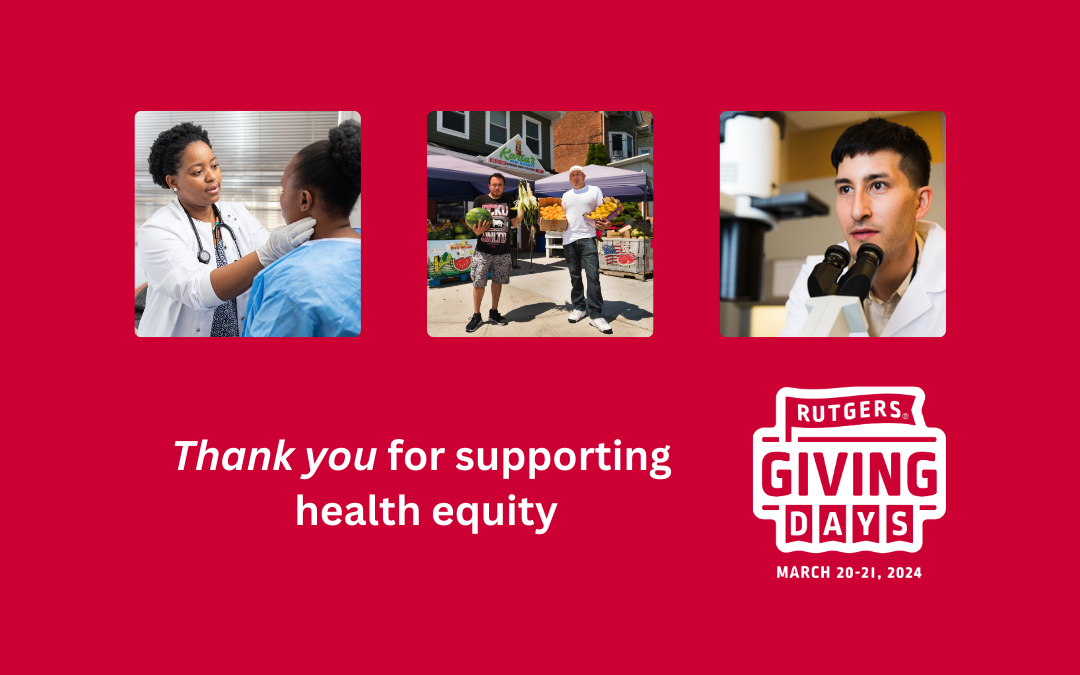

Through the March 20–21 fundraising event, the institute raised $30,550 toward cancer equity, local health equity, and global health equity.
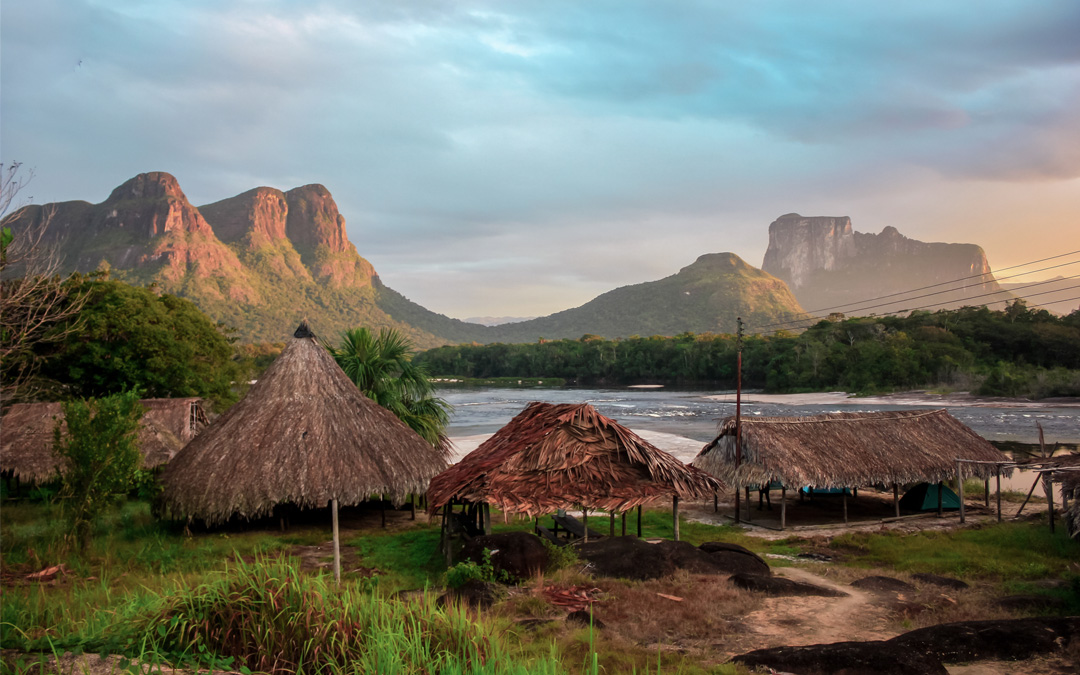
Funded by Global Health Seed Grants, five faculty-led efforts will address disparities in cardiovascular health, tuberculosis, impacts of climate change on noncommunicable diseases, vaccination coverage, and cervical cancer.
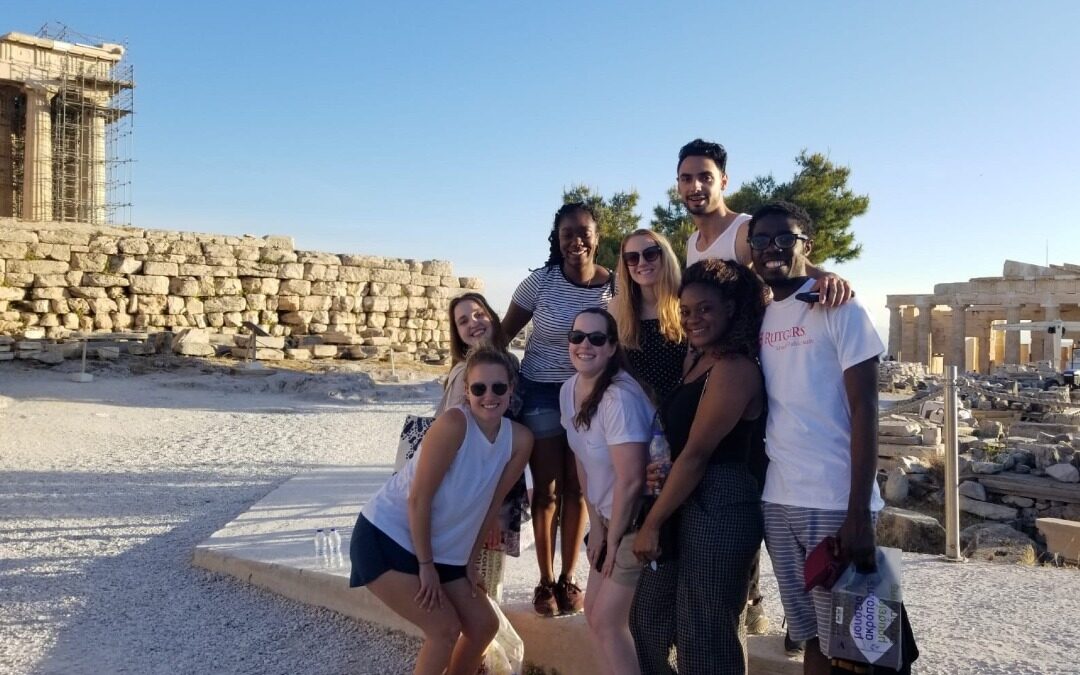
The School of Public Health champions a commitment to equity and social justice and prioritizes its global approach to health education, scholarship, and community engagement. Many of Rutgers’ public health faculty are engaged in global health, given the myriad connections between the two fields.
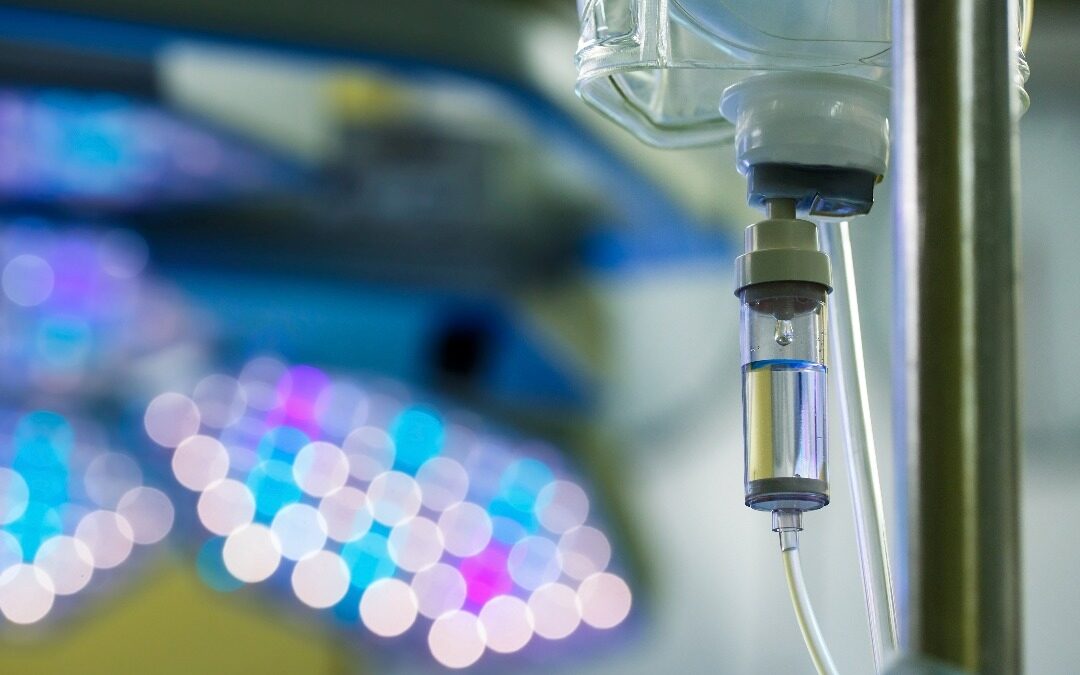
Botswana-Rutgers Partnership for Health researchers review treatments that could improve outcomes for patients in a region where cancer rates are rising significantly. The study is published in the journal PLOS Global Public Health.
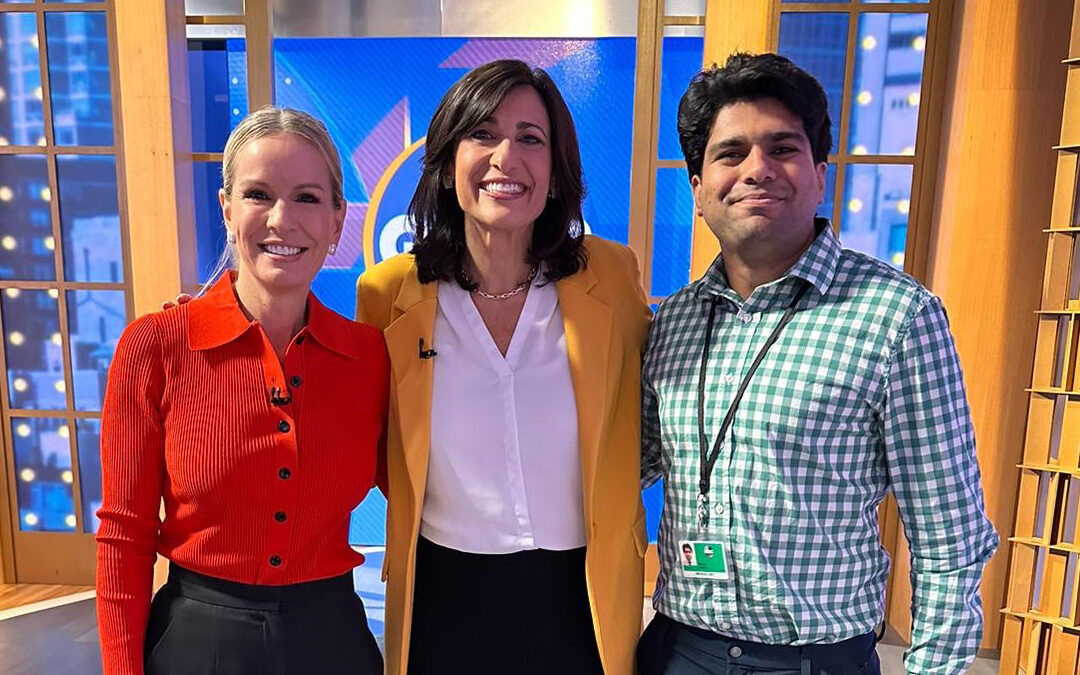
Faheem Farooq recently finished a three-year fellowship in hematology and oncology at Rutgers that included a one-month rotation in the ABC News Medical Unit and substantial involvement with the Botswana-Rutgers Partnership for Health.
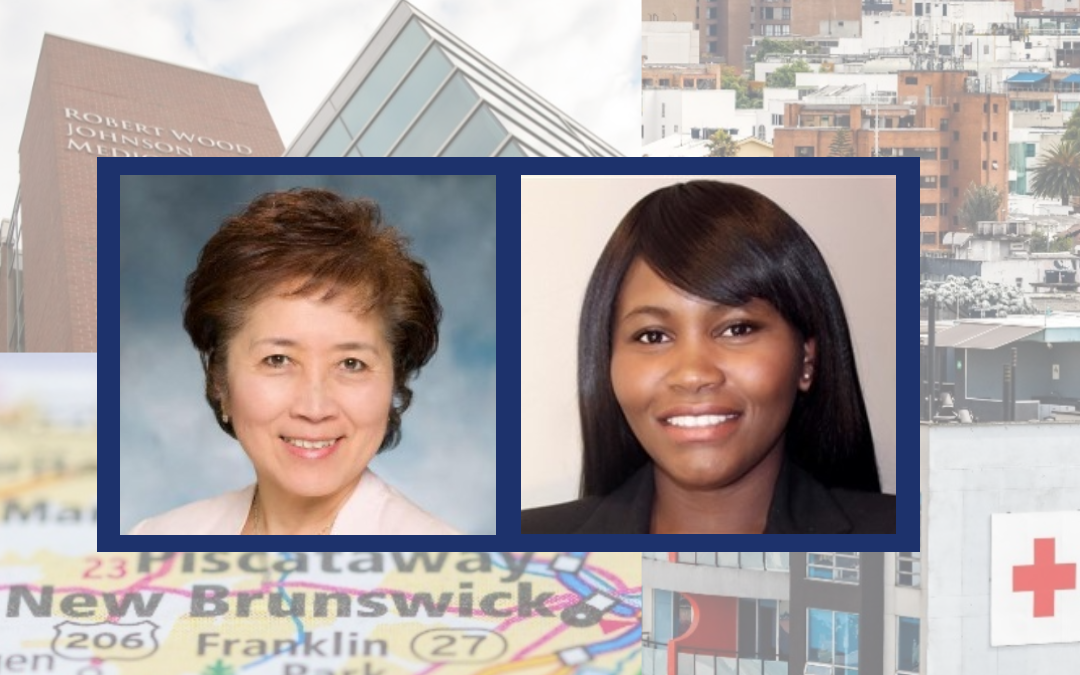
This medical school office is a hub for many types of global health activities, which involve people throughout the school and places around the world, including the school’s local communities in New Jersey and international partnership sites.
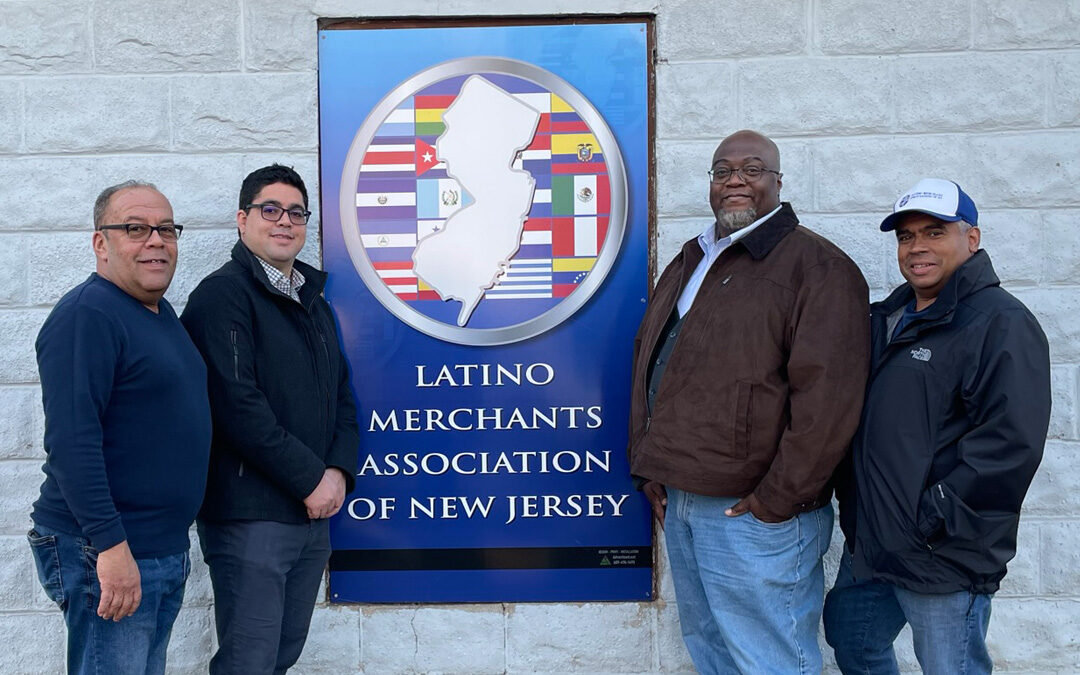
Recent educational events have featured presentations on supply chain resilience, digital communications, and financial goal setting. Helping small businesses is a way to address social determinants of health and help low-income and minority communities thrive.
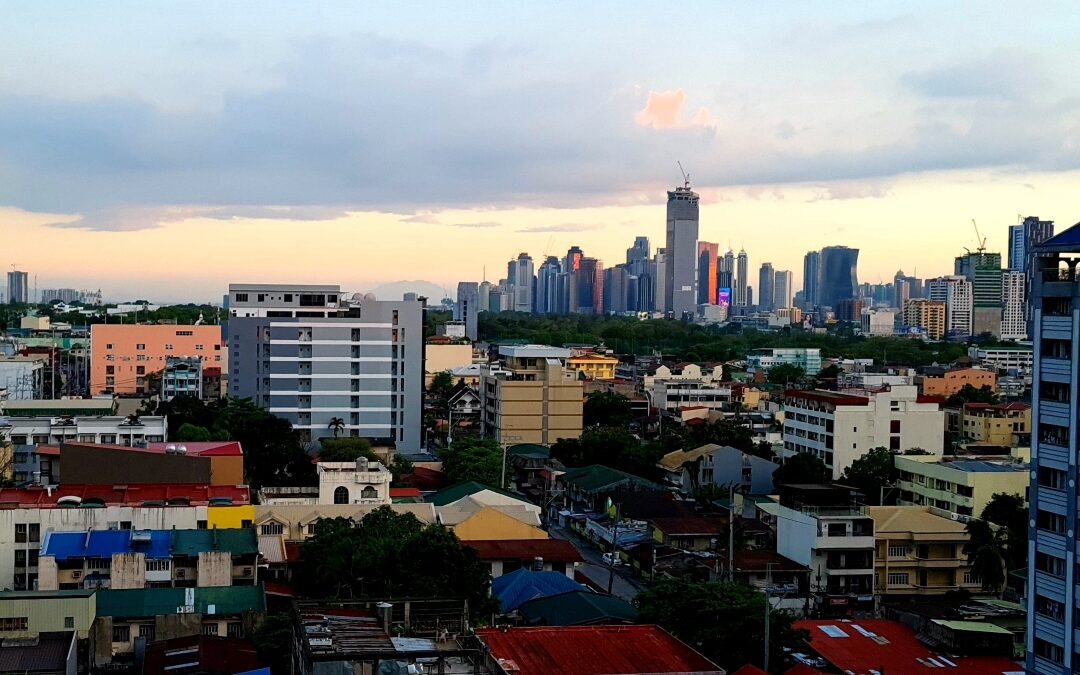
Funded by Global Health Seed Grants, five faculty-led efforts will address disparities related to adolescent pregnancy and sexual health information, immigrant health care access, tuberculosis disease prevention, health communication training, and dementia among indigenous older adults.
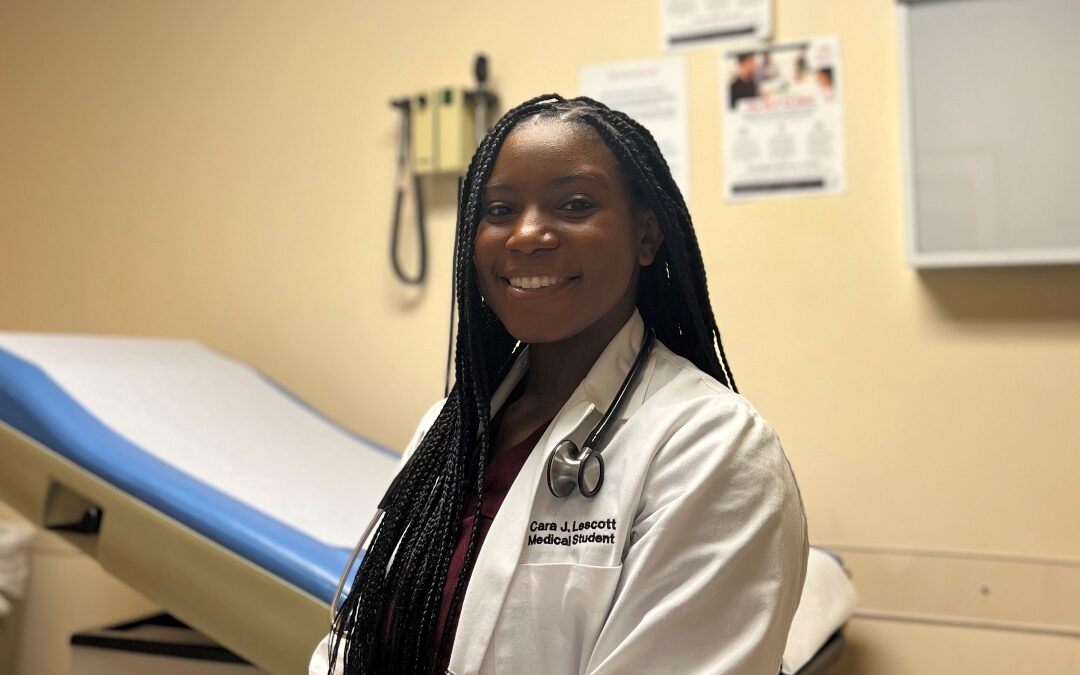
The Student Family Health Care Center at Rutgers serves the severely underserved: Newark residents who might otherwise be unable to access health care. The clinic was created following the 1967 Newark Rebellion, an uprising rooted in simmering frustration over the persistence of oppressive racial inequalities.
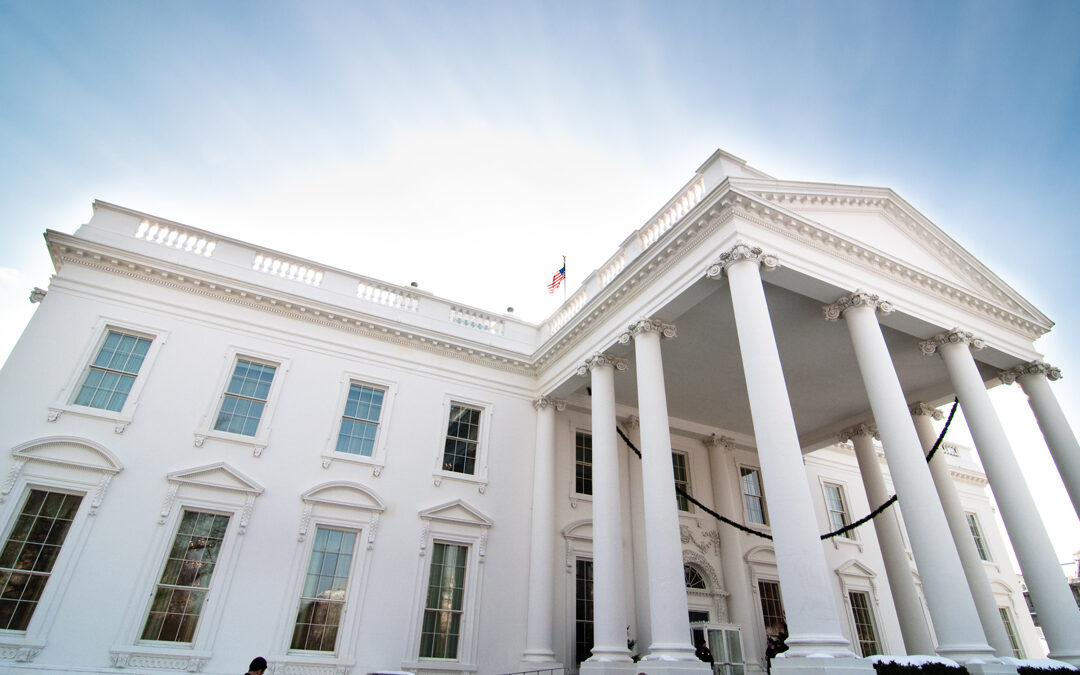
During this week’s U.S.-Africa Leaders Summit, the White House’s Cancer Moonshot program highlighted several initiatives to drastically improve cancer outcomes in Africa. Two Botswana-Rutgers Partnership for Health efforts were featured.